Mohabbat Tumse Nafrat Hai Drama Review: Mohabbat Tumse Nafrat Hai, translating to “Love, I hate you,” plunges viewers into a tempestuous narrative of forbidden love, familial obligation, and social constraints. Beyond the captivating love triangle lies a drama that delves into the complexities of human emotions and societal pressures, leaving a lasting impact long after the final fade-out.

Mohabbat Tumse Nafrat Hai Intro:
The opening sequence sets the stage for a tumultuous journey. Haunting melodies intertwine with visuals of opulent mansions and bustling streets, hinting at the stark social divide that shapes the central conflict. The lyrics, tinged with anguish, foreshadow the passionate love entwined with bitter hatred that lies ahead. This melancholic beauty instantly captures the audience’s attention, preparing them for the emotional rollercoaster that ensues.
Mohabbat Tumse Nafrat Hai Drama Cast:
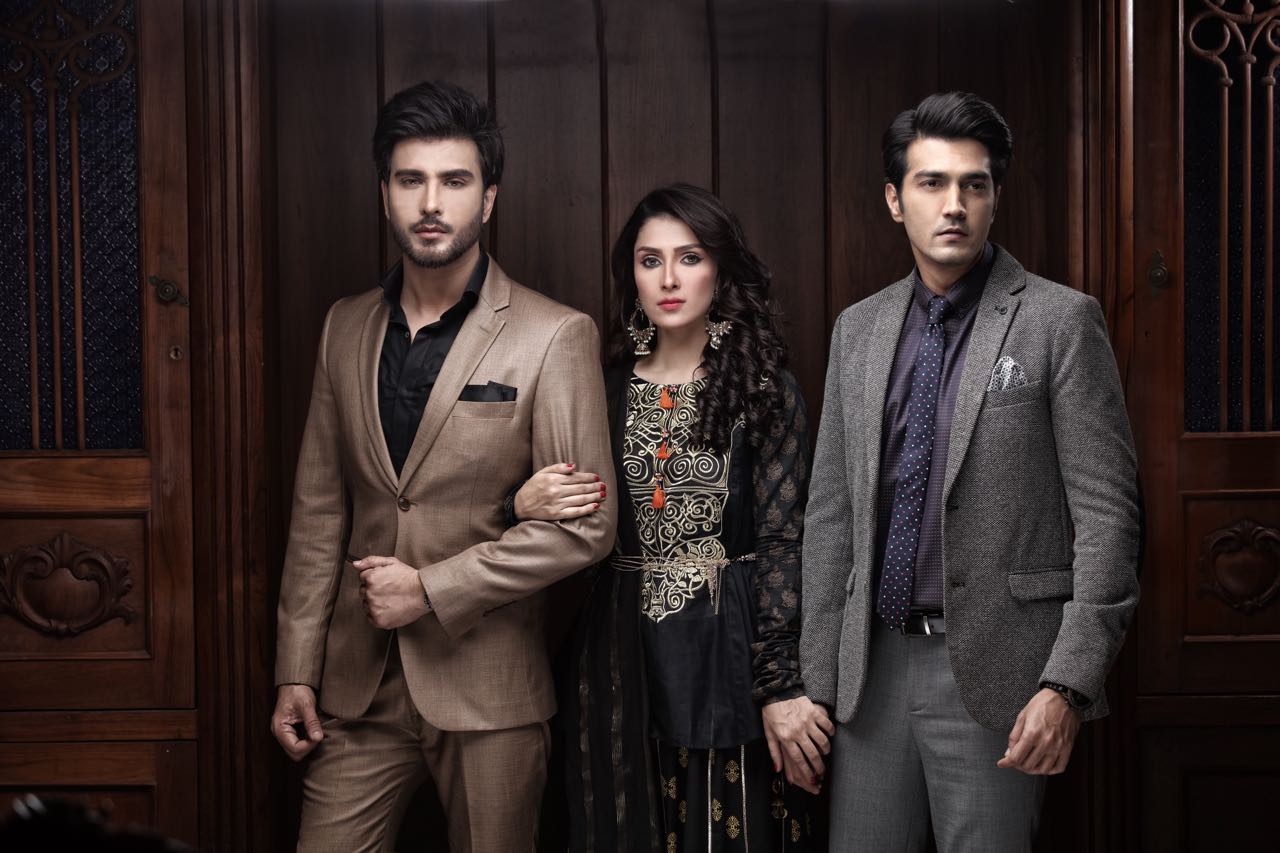
- Ayeza Khan as Maheen Khan: Maheen embodies fire and defiance. A woman scorned by societal expectations, she challenges tradition and fights fiercely for her love. Khan’s nuanced portrayal balances Maheen’s impulsiveness with vulnerability, making her a character audiences fiercely root for.
- Imran Abbas as Waqar Ahmed: Waqar, the charming outsider, represents modernity and freedom. Torn between societal norms and his passionate love for Maheen, Abbas showcases Waqar’s internal struggle with subtle intensity.
- Shehzad Sheikh as Gulraiz Ahmed: Gulraiz, the silent lover, embodies selfless devotion. Willing to sacrifice his happiness for Maheen, Sheikh portrays Gulraiz’s quiet tenderness with a depth that evokes profound empathy.
- Saba Faisal as Kaneez Begum: The formidable matriarch, Kaneez, wields power with an iron fist. Her unwavering conviction in controlling her family becomes the catalyst for the ensuing turmoil. Faisal’s masterful portrayal paints Kaneez as both villain and victim of societal pressures.
- Kinza Hashmi as Fajar Khan: Maheen’s vivacious sister, Fajar, champions defiance and rebellion. Hashmi’s energetic performance balances the drama’s heavier themes with bursts of wit and lightheartedness.
Themes and Social Commentary:
Mohabbat Tumse Nafrat Hai tackles social commentary head-on. It critiques the suffocating hold of traditions, particularly the patriarchal control and arranged marriage system that stifles the liberty of young women. Through Maheen’s struggle for autonomy, the drama questions societal expectations and challenges the definition of family. Additionally, the contrasting social backgrounds of Maheen and Waqar highlight class disparities and their impact on relationships.
Characters and Development:
The drama’s strength lies in its characters’ evolution. Maheen’s journey from a rebellious teenager to a mature woman battling for her love is inspiring. Waqar learns to prioritize his heart over societal dictates, and Gulraiz’s silent acceptance of his fate speaks volumes about his enduring love. This dynamic growth keeps the audience invested in their choices and consequences.
Cinematic Elements and Direction:

Director Farooq Rind crafts a visually captivating experience. The cinematography alternates between sweeping shots of the palatial Ahmed villa and intimate close-ups, effectively drawing the viewers into the characters’ emotional turmoil. The soundtrack, a blend of melancholic and passionate melodies, seamlessly complements the narrative’s emotional beats. The pacing is deliberate, allowing the story to unfold organically and building tension towards pivotal moments.
Conclusion:
Mohabbat Tumse Nafrat Hai is more than a typical love story; it’s a social commentary, a testament to personal growth, and a celebration of love’s defiance in the face of societal constraints. With its compelling performances, thought-provoking themes, and masterful cinematic elements, the drama stays with you long after the final episode. It invites viewers to question societal norms, confront internal struggles, and ultimately celebrate the courage to choose love, even when it means defying tradition.
Share this content:
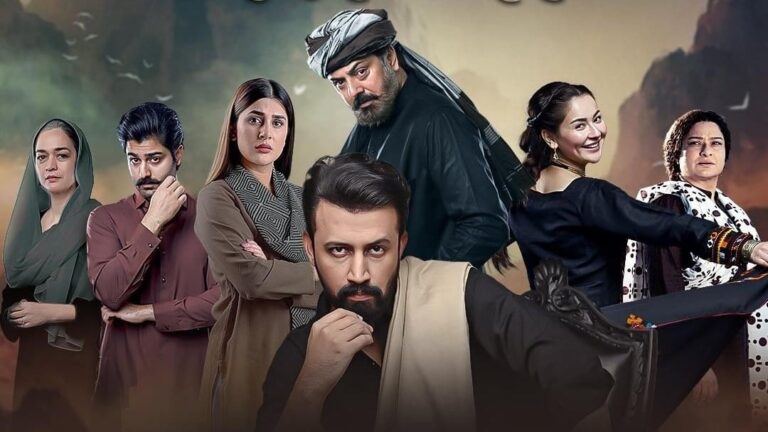
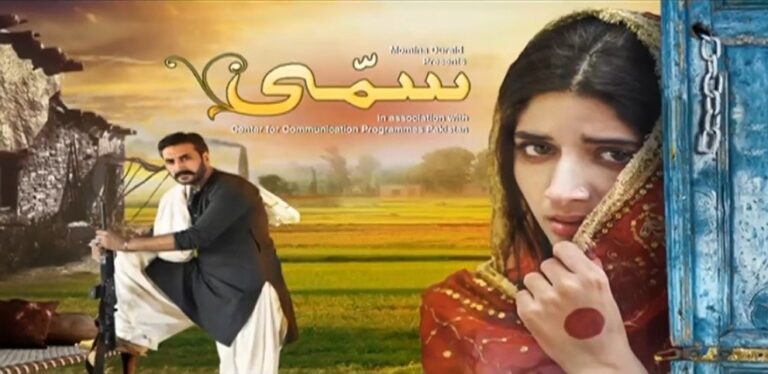
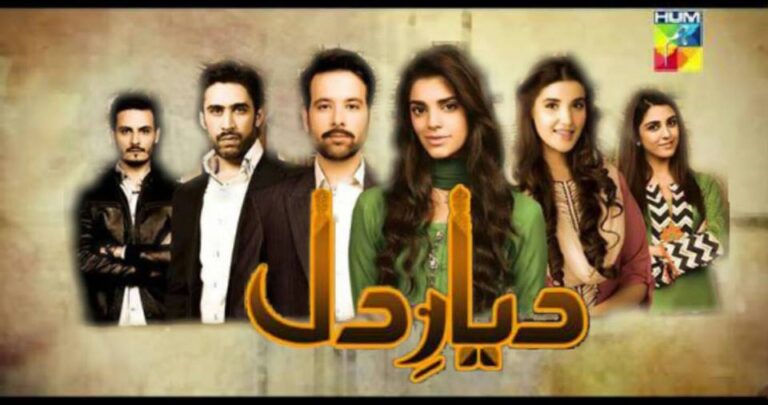
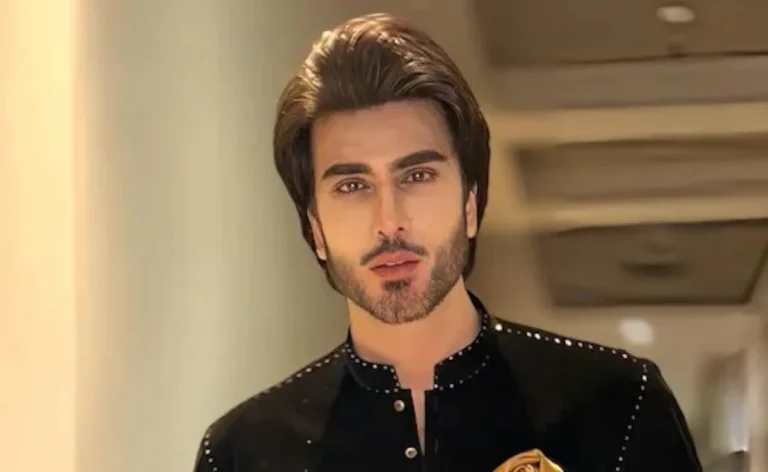
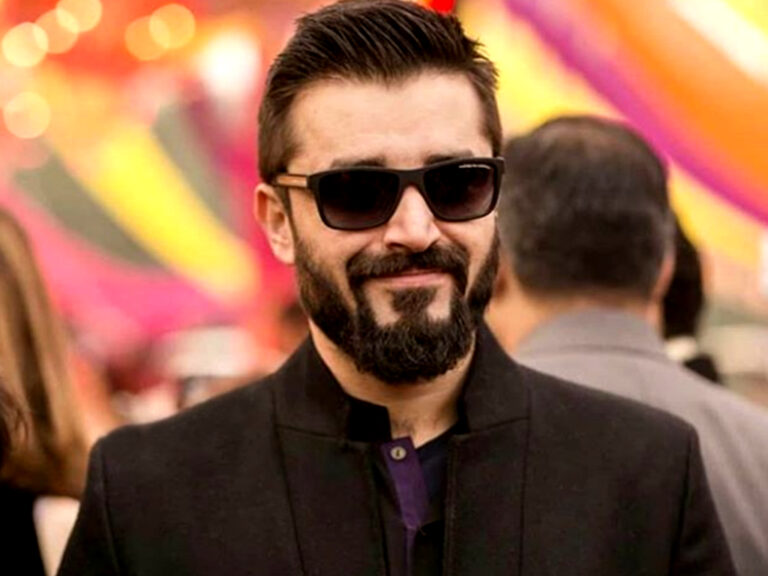
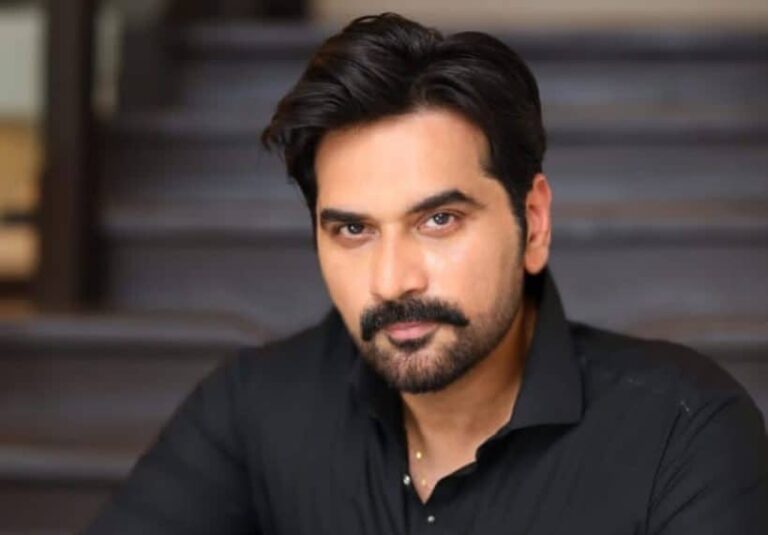


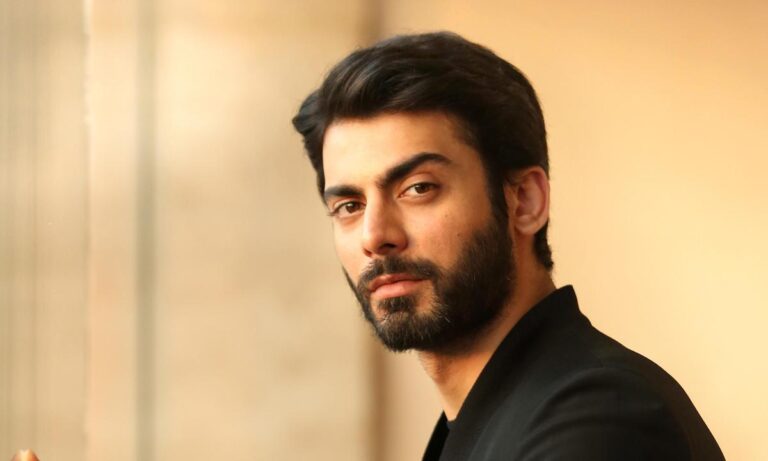
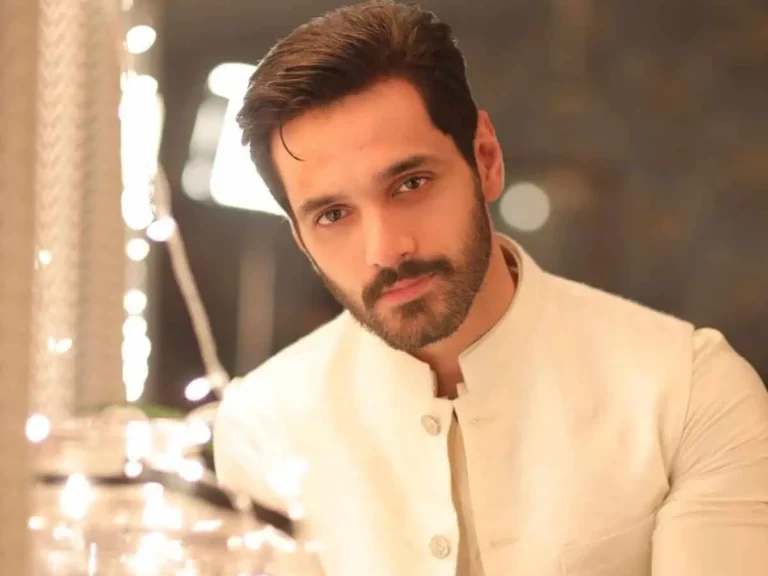
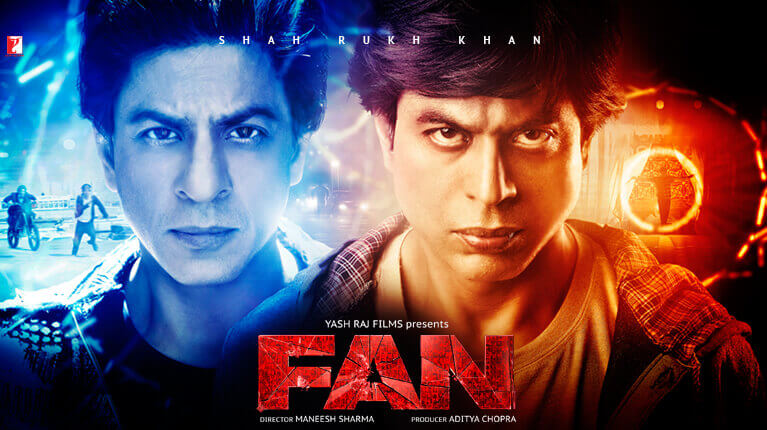
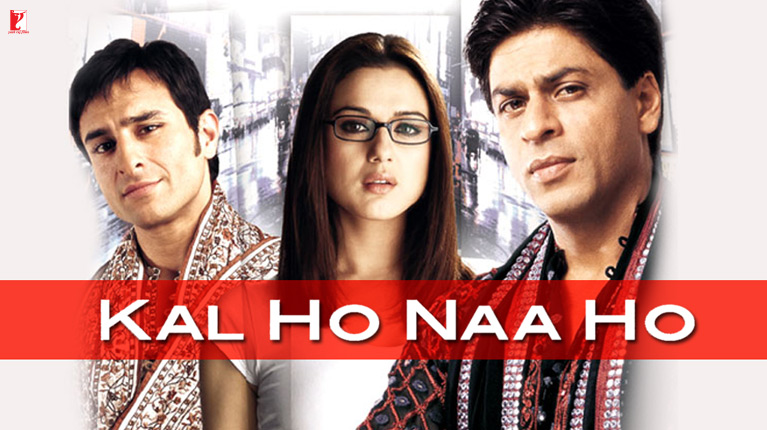
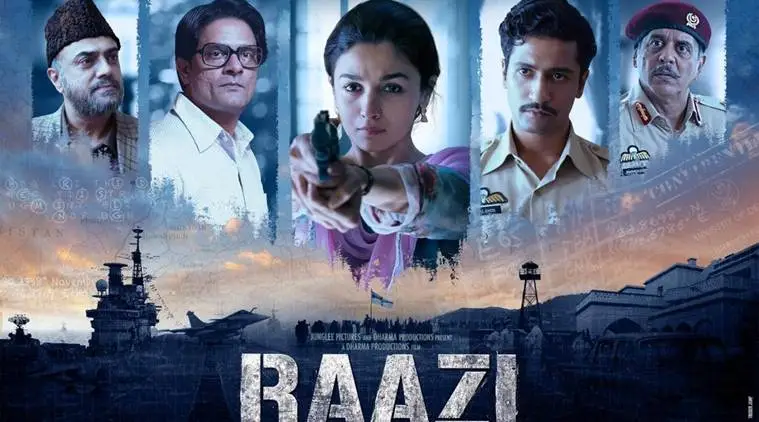
+ There are no comments
Add yours